Deck & Commander Strategies

Ultima, Origin of Oblivion
Ramp aggressively with mana rocks and powerful lands to cast high-impact spells early, using disruption like Chalice of the Void to lock opponents out and leveraging incremental value engines to close the game with attrition damage.

The Wandering Minstrel
Utilize early threats and incremental damage to pressure opponents, combined with card draw and manipulation to maintain tempo and disrupt enemy plans while setting up synergies for a midgame finish.

Tiamat
Ramp with artifact mana and spells to cast multiple powerful dragon spells quickly, generating overwhelming board presence and leveraging powerful topdecks and tutors for consistency.

Sisay, Weatherlight Captain
Leverage artifact and legendary synergies to tutor and cast key combo or value pieces, using incremental board development and interaction to control the pace and close out the game.
Gameplay Insights
- 1
The use of Chalice of the Void on zero effectively hindered multiple players from casting low-cost spells, shaping the flow of the game.
- 2
Players coordinated instep draws and damage triggers to force opponents into losing mana and life, demonstrating high-level interaction and timing.
- 3
Efficient mana acceleration through artifact lands and mana rocks enabled explosive plays and pressure early in the game.
- 4
Tutoring and topdeck manipulation, such as using Gamble and Light Tutor, were critical in setting up key cards for tempo and disruption.
- 5
Combat decisions, including redirecting damage and strategic blocking, were key to maintaining board presence and managing threats.
- 6
Incremental value engines like Palenture of Orthank and Smothering Tithe generated card advantage that outpaced opponents over time.
Notable Cards
-
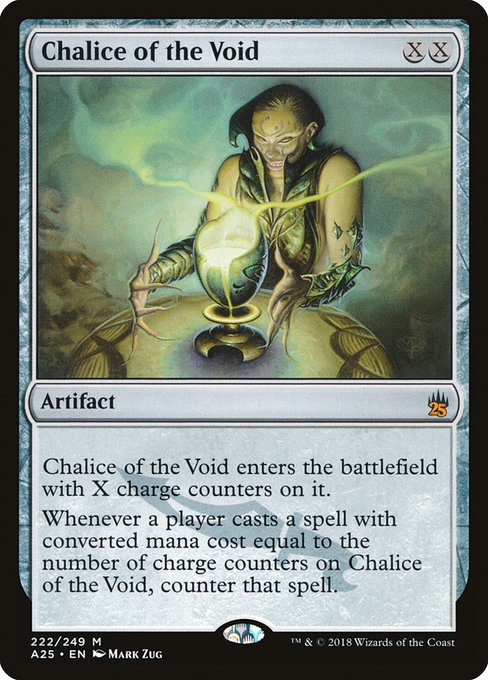
Chalice of the Void
-
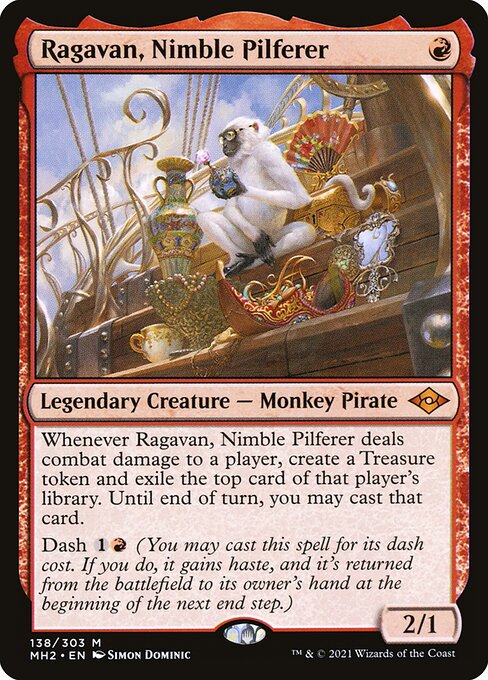
Ragavan, Nimble Pilferer
-
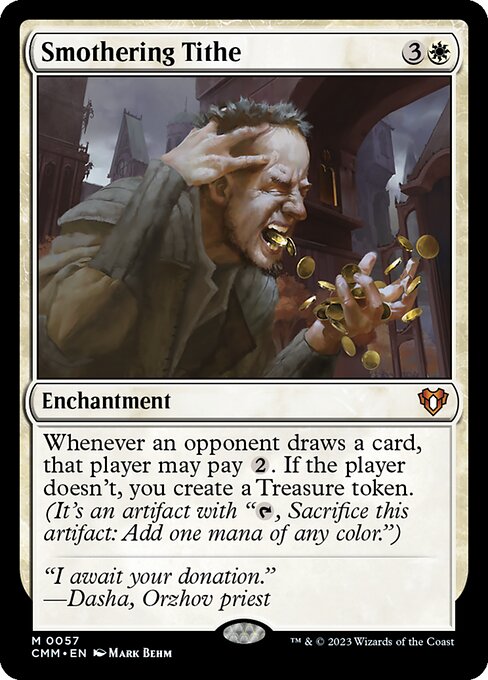
Smothering Tithe
-

The One Ring
-
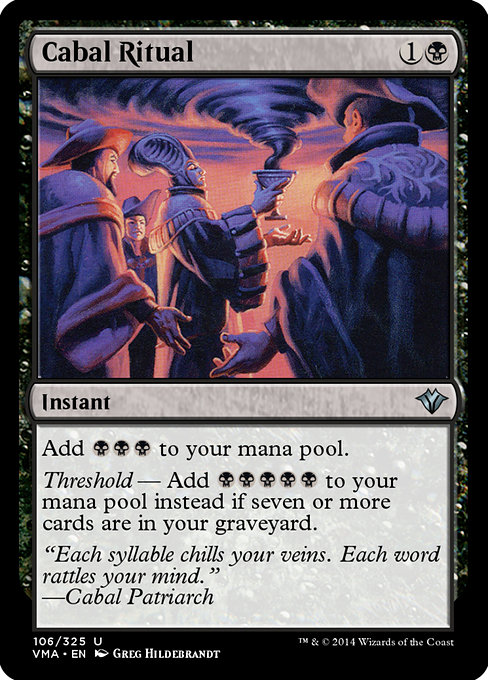
Cabal Ritual
-

Gamble
-
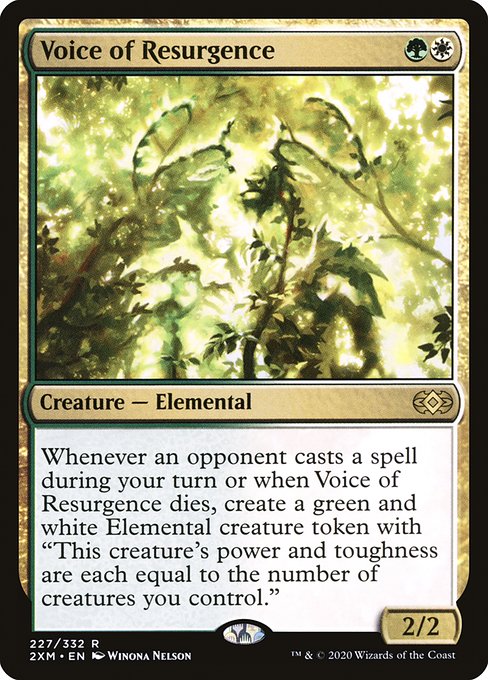
Voice of Resurgence
-

Ancient Tomb
-
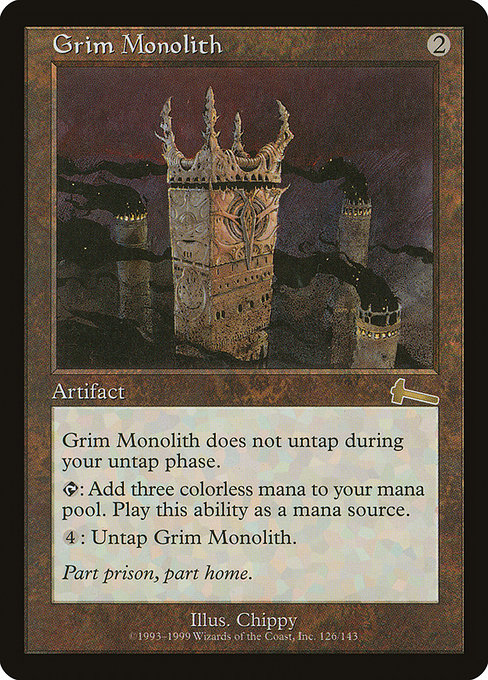
Grim Monolith
Gameplay Summary
The game began with players developing their boards cautiously, with early mana acceleration and utility plays such as Mox Diamond, Ragavan, and Palenture of Orthank shaping the early turns.
The players exchanged incremental damage while carefully managing resources, including multiple mana rocks and tutors.
A key moment occurred when a player cast a Chalice of the Void for zero, setting a disruptive lock that complicated opponents' spellcasting.
The game featured frequent interactions around draw triggers and life total manipulation, leveraging cards like Bowmasters and Into the Blood to pressure opponents and limit their mana availability. A pivotal sequence involved a player using ancient tomb and grim monolith to ramp heavily, followed by the deployment of impactful artifacts such as Smothering Tithe and The One Ring, which provided both card advantage and board control.
The players coordinated through subtle combat interactions and the timing of instep draws to force opponents into unfavorable decisions.
Eventually, the board state was dominated by efficient disruption and incremental value engines, with the win condition relying on attrition through damage combined with resource denial.
The game highlighted the intense strategic depth and precision required in competitive EDH, showcasing multiple complex plays and counterplays that defined the outcome.
































